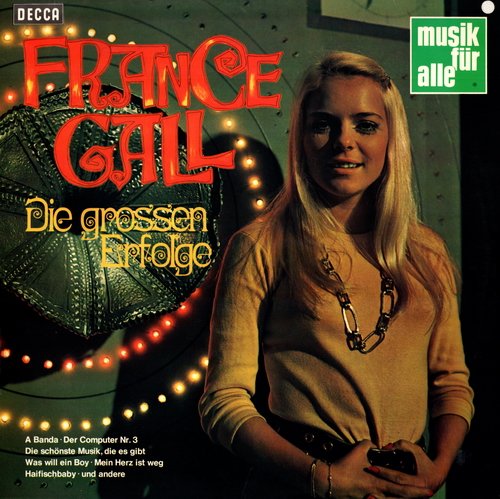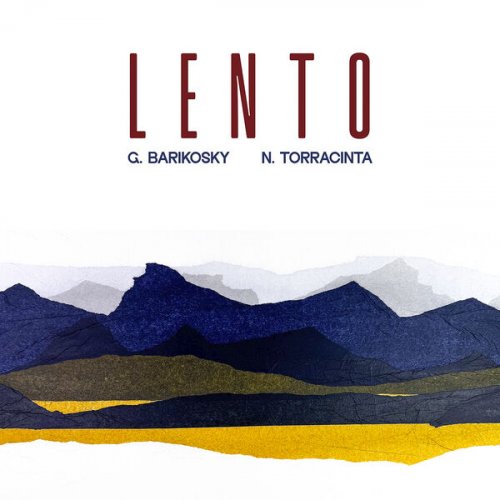Hermann Max - O erhabnes Glück der Ehe (2013)
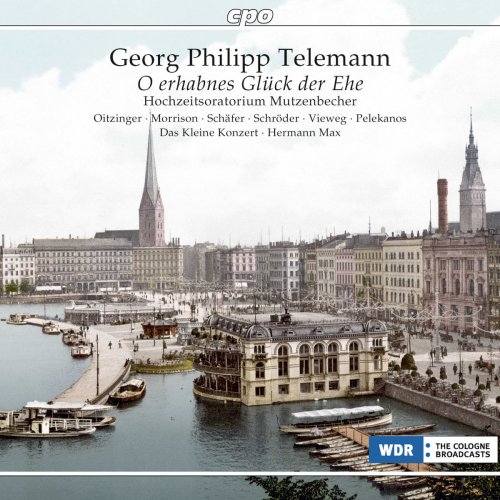
Artist: Hermann Max
Title: O erhabnes Glück der Ehe
Year Of Release: 2013
Label: CPO
Genre: Classical
Quality: FLAC (tracks+booklet)
Total Time: 102:38 min
Total Size: 508 MB
WebSite: Album Preview
Title: O erhabnes Glück der Ehe
Year Of Release: 2013
Label: CPO
Genre: Classical
Quality: FLAC (tracks+booklet)
Total Time: 102:38 min
Total Size: 508 MB
WebSite: Album Preview
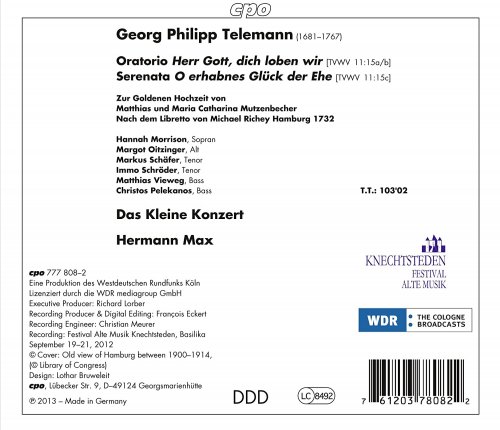
Tracklist:
CD1:
01. Chorale: Herr Gott dich loben wir
02. O dreimal heilger Herr der Scharen (Bass)
03. Aria: Lass nebst den starken Cherubinen (Soprano)
04. Recitative: Hier nahert sich zu deines Thrones Fussen (Bass)
05. Chorale: Dein gottlich Macht und Herrlichkeit
06. Recitative: So recht, ihr graubekronten beiden (Tenor)
07. Siehe, also wird gesegnet der Mann (All)
08. Recitative: Erwagt, Gluckselge, wie ihr tut (Soprano)
09. Aria: Paar, dem tausend andre weichen (Bass)
10. Recitative: So sprecht demnach, ihr Hochbegabten (Tenor)
11. Chorale: Du Konig der Ehren, Jesu Christ
12. Recitative: Nun aber, o du nie verkurzte Hand (Bass)
13. Aria: Erschallender Lobgesang (All)
14. Chorale: Es danke, Gott, und lobe dich
15. Chorale: Nun hilf uns Herr, den Dienern dein
16. Aria: Wundergott von Tat und Namen (Bass)
17. Recitative: Ja Herr, du kannst und wirst's nicht lassen (Tenor)
18. Aria: Ermudet nicht, ihr Vaterhande (Tenor)
19. Recitative: Schau, milder Gott (Bass)
20. Aria: Wirst du unsre Tage mehren (All)
21. Chorale: Taglich, Herr Gott, wir loben dich
CD2:
01. Aria a 5: O erhabnes Gluck der Ehe
02. Recitative a 5: Der Liebe muss als Konigin der Preis
03. Recitative: Ich lasse die Erfahrung sprechen (Eucharius)
04. Aria: Im scherzenden Bande vereinter Gemuter (Eucharius)
05. Recitative: Mich deucht, ich kann an unserm Jubelpaare (Eucharius)
06. Aria: Erlaubet mir, ihr hocherfahrnen beide (Eucharius)
07. Recitative: Erkuhnst du dich zu fragen (Polycarpus)
08. Aria, Recitative: Wem sein Geschlecht (Polycarpus)
09. Aria: Der lebt gedoppelt aus der Welt (Polycarpus)
10. Recitative a 2: Was gilt's, o wohlbeerbte zwei (Polycarpus, Trophimus)
11. Aria: Wo der Brotkorb niedrig hanget (Trophimus)
12. Recitative: O niedrige Vollkommenheiten (Philotimus)
13. Aria: Die Ehre wirft bei Wohlvermahlten (Philotimus)
14. Recitative: Ich muss in euren Sachen (Macrobius)
15. Aria: Edle Krone grauer Haare (Macrobius)
16. Recitative a 5: Ist jemand noch, der Zweifel hat
17. Aria: Schoner Wettstreit edler Gaben (Pantyches)
18. Recitative: Ihr Freunde, lasst den holden Zwist (Pantyches)
19. Aria: Wo so viel Strahlen sich vereinen (Pantyches)
20. Recitative a 5: Wohlan! So seid vielmehr gebeten
21. Aria a 5, Recitative: Der hat es auf der Welt im Vorzug
22. Aria a 2: Teure Seelen, bleibt vertraut! (Eucharius, Polycharpus)
23. Recitative: Ist noch was Kostlichs auszufinden (Pantyches)
24. Aria a 2: Gehaufter Mittel Uberfluss (Trophimus, Philotimus)
25. Recitative: Setzt diesen Pflichen noch kein Ziel (Macrobius)
26. Aria a 5: Mit schwimmenden Augen
27. Recitative: Bald hatt' ich selbst entzuckt / (Pantyches)
28. Aria a 6: O allgewaltiges Geschicke
Matthias Mutzenbecher was born in Kiel in 1653 and began his training as a merchant in Hamburg in 1669. He established his own business in 1678 and soon became a renowned member of the Hamburg populace: senator, colonel in the civic regiment, and even a magistrate. He was an important man and a patron of the city's music director Georg Philipp Telemann. Only the best would suffice for the festive music on the occasion of the golden wedding anniversary of this highly esteemed and influential man in 1732. Since the life expectancy then was only about forty years, a golden wedding anniversary was a rare event. The festive day began with a sacred oratorio, and while it was being performed, the senator proceeded to the altar with his 'dearest wedded wife' for the anniversary blessing. 'The entire highly noble council was in attendance in their state regalia.' The ensuing festive banquet was held at the home of the couple's eldest son. Here the serenata, the secular part of the wedding anniversary music, was performed. As the printed text states, it featured a »contention of the worldly blessings of the state of marriage heard to a table composition. If the oratorio may be said to convey a venerable sound picture with its trumpets and timpani, then the serenata unfolds its mirthful animation with a highly varied instrumentation. With this recording cpo adds yet another gem to its Telemann discovery trove.
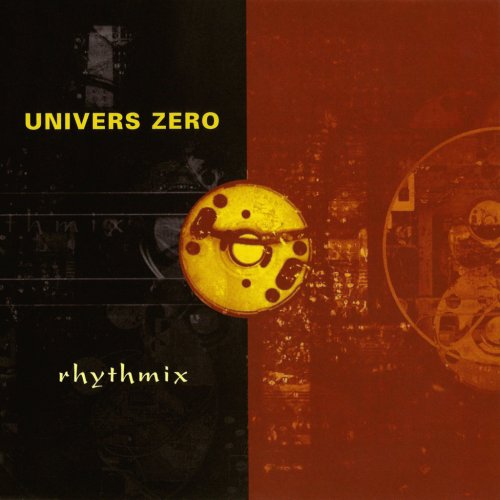
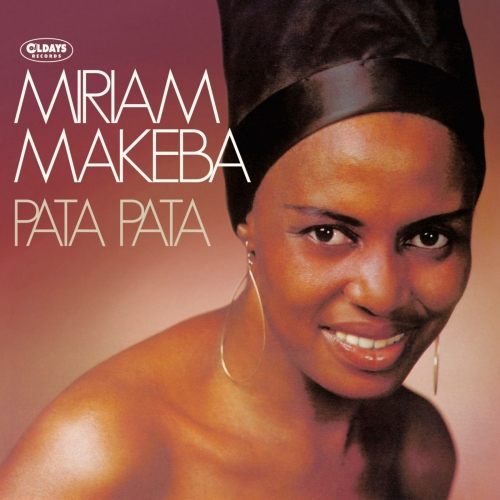


![Mal Waldron - Left Alone (Remastered 2014) (2026) [Hi-Res] Mal Waldron - Left Alone (Remastered 2014) (2026) [Hi-Res]](https://www.dibpic.com/uploads/posts/2026-02/1770802366_zssweohuxq7f9_600.jpg)
![Dela Hüttner’s SwingThing - Pause for a moment (2026) [Hi-Res] Dela Hüttner’s SwingThing - Pause for a moment (2026) [Hi-Res]](https://www.dibpic.com/uploads/posts/2026-02/1770561049_cover.jpg)
